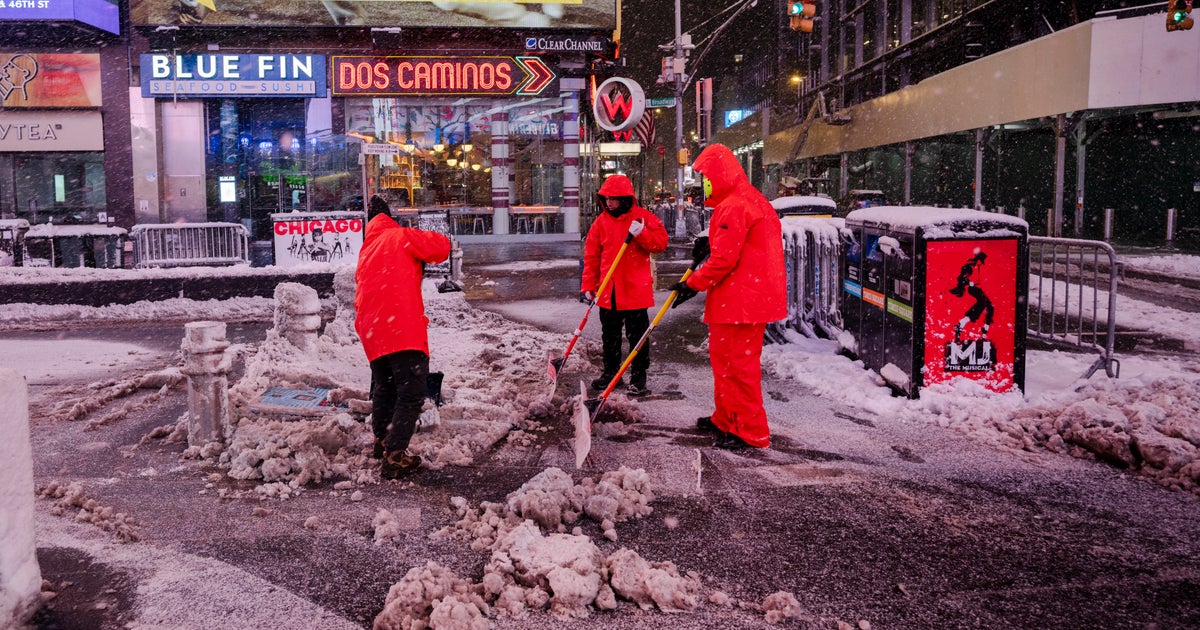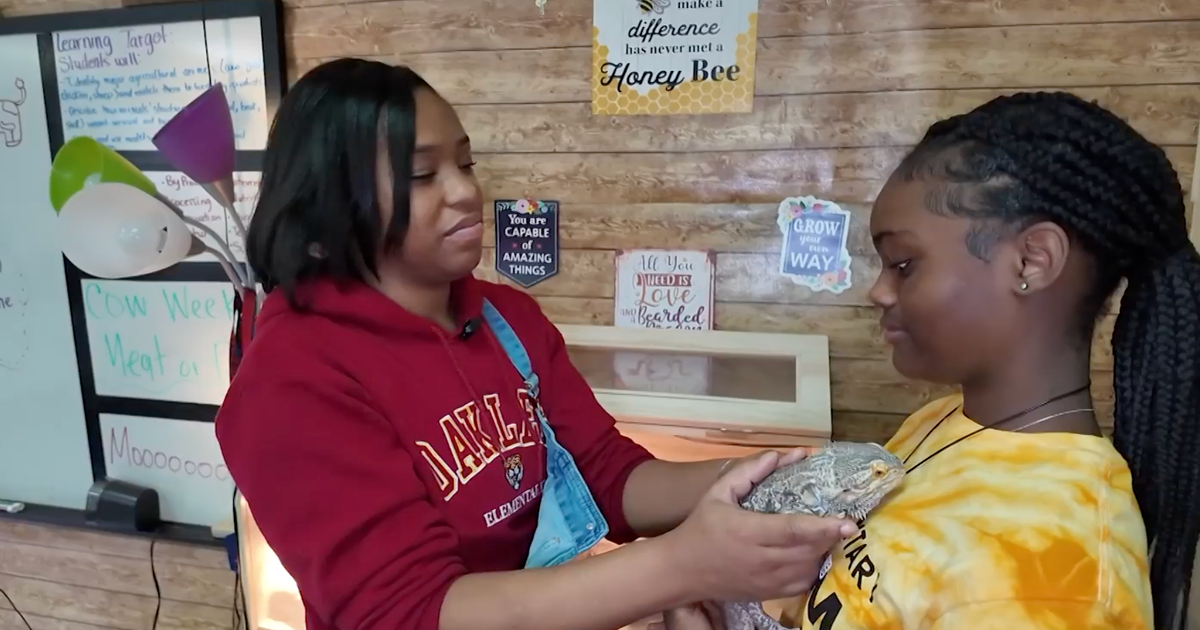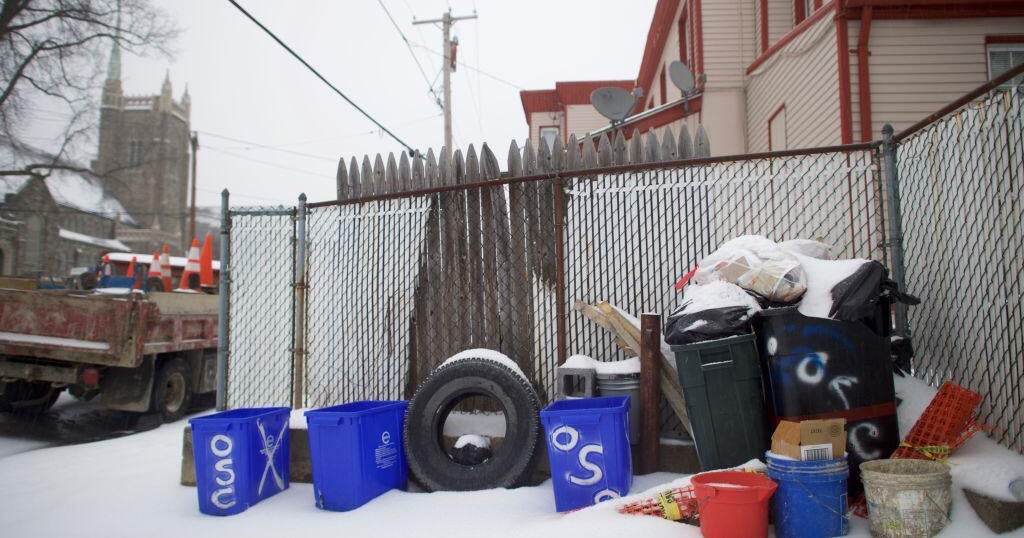Farm Workers, Migrant Population Threatened By Zika
Follow CBSMIAMI.COM: Facebook | Twitter
FLORIDA CITY (CBSMiami) -- As new cases of the Zika virus pop up across the state of Florida, the problem is becoming a concern particularly for farm and migrant workers.
Not only are they working early morning hours tending to farms, fields, nurseries and greenhouses where insects and still water are more prominent, but they typically lack the resources to properly protect themselves.
"It's very important that they do try to protect themselves," said Kylie Pridgen of the Community Health of South Florida Inc. "Depending on their preference, maybe they don't want to use bug spray. It's fine as long as they're wearing long sleeves, pants. It is South Florida so it is hot. Nylon shorts are perfect."
What to wear is the least of their problems.
The workers don't make much money so when they get sick, they still go to work because their families depend on each day's earnings.
"If they miss one day, maybe they don't pay the rent or they don't have the money to pay for all of your stuff," said Claudia Gonzalez with the Farm Worker's Association. "And that's why we worry because they don't pay attention to that, they don't want to go to the doctor."
Some of the symptoms of Zika are similar to the common cold, others like a minor rash, are common for them since chemicals are often used to keep bugs off the crops and react on their skin.
In order to educate the workers about the threat of Zika without having to worry about the cost of healthcare, Community Health of South Florida has teamed up with the Farm Workers Association addressing these issues.
"We do not turn anyone away," said Pridgen. "We believe in quality healthcare regardless of citizenship, and regardless of financial status."
An outbreak of the Zika here could be devastating.
"Just one nursery has 6,000 employees," Gonzalez noted. "And maybe overall in South Florida, they have about 100,000 employees and farm workers."
Many of the workers know mosquito repellents will help protect them but many can't afford them, don't like the smell or simply don't trust them.
So health officials are giving them out and teaching them to make their own natural ones at home.







